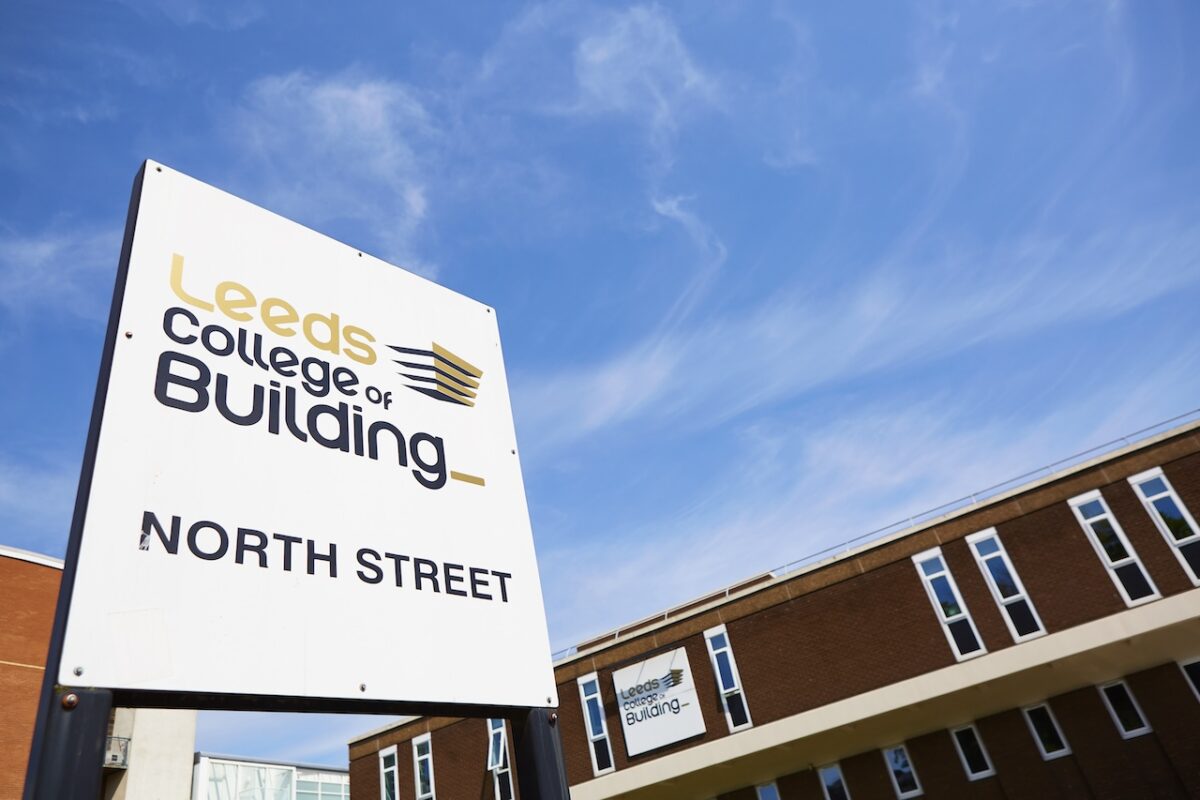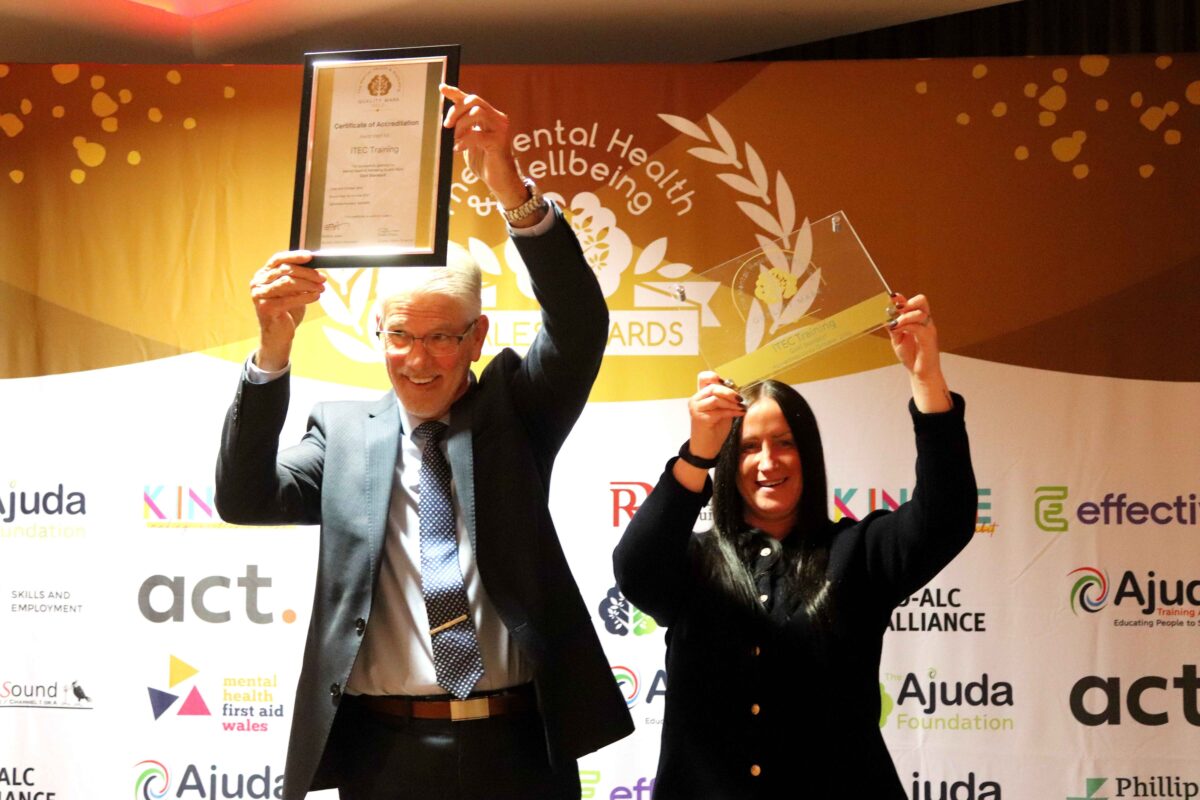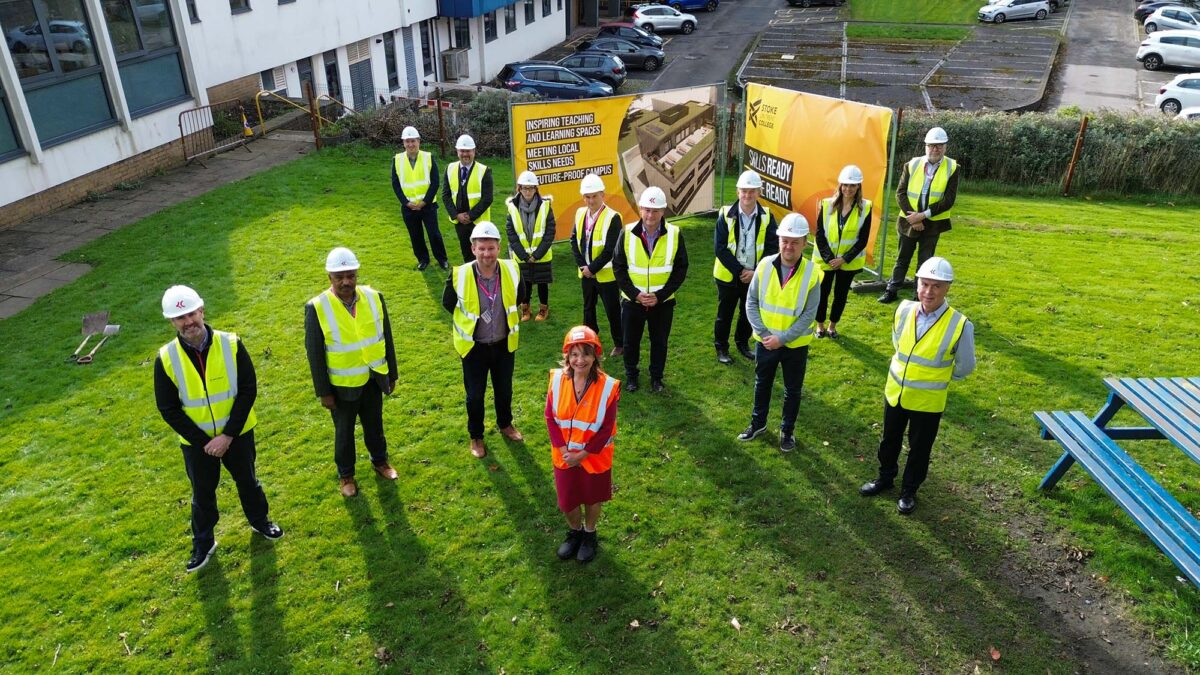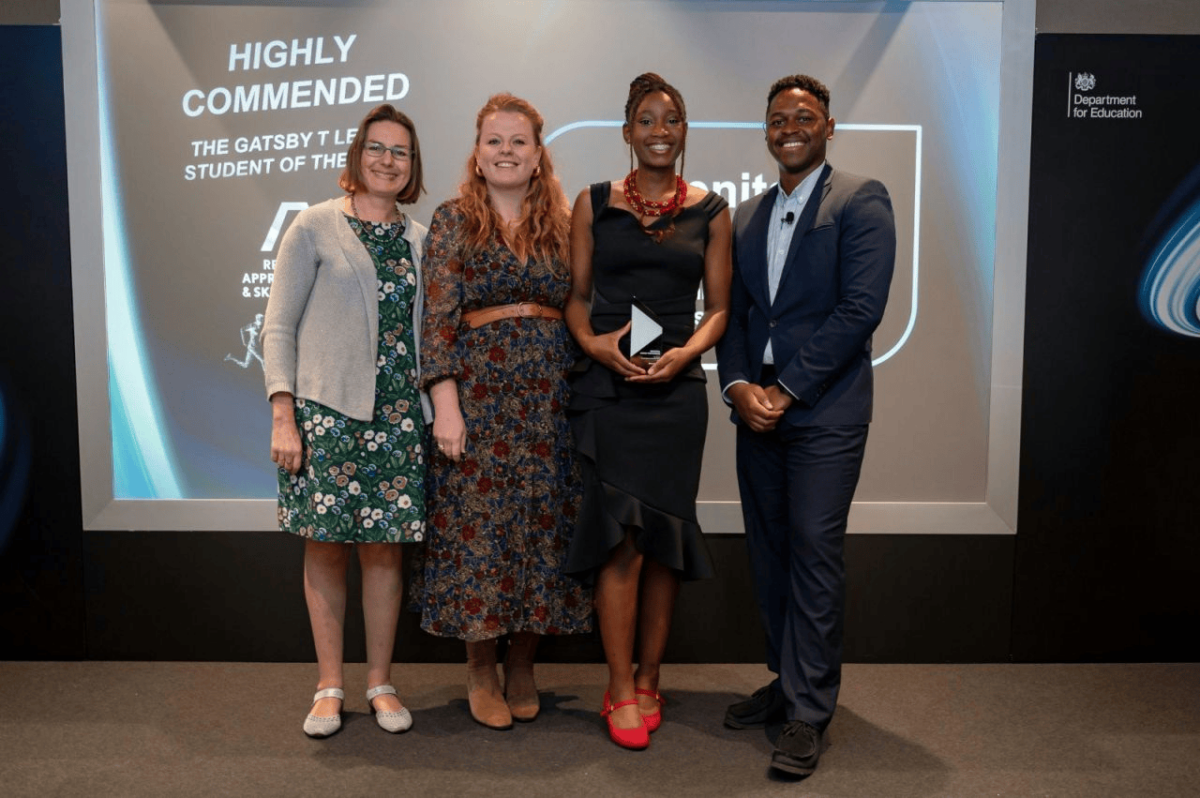Signs of progress in the provision of careers guidance

The first ever Global Careers Month kicks off in November, and it’s addressing an issue central to the relationship between education and the world of work.
This is a collaboration between international bodies such as the International Labor Organization, UNESCO and the World Bank, and it has been launched because of a worry about the lack of availability of effective career guidance.
These influential organisations say they want to see a renewed commitment to making sure everyone has the support they need to plan and develop their careers, and at the heart of the initiative is a call to employers to build closer relationships with local schools. They point to research that found students who engage with people in work whilst still in education will reap long-term benefits when making first steps on the careers ladder.
We will wait to see if Global Careers Month gains any traction, but the sentiment behind it is something I wholeheartedly support.
Careers Fairs
As a STEM ambassador and apprenticeships consultant, I have grown increasingly frustrated over time at the lack of engagement with school-age children on the full range of career options in this country.
October is traditionally a month busy with careers fairs, and this year is no different. Many thousands of people, a good percentage of them young and at the threshold of their career path, will head for events such as London Job Show for guidance on their futures.
These are events billed as opportunities to get advice as well as a foot in the door with an employer. For many, however, this will be first time they have had a comprehensive view of the many career options they can choose from.
Last year, a cross party Skills Commission published a report, Transition to Ambition: Navigating the Careers Maze, and among its findings were the failure to provide good information about non-academic routes.
Co-chair Nicola Richards MP said:
“For too long our system has been far too invested in promoting university as the sole route to success. To help young people navigate the labour market challenges ahead, they need to be fully informed of the breadth of education and training pathways open to them, and the ones that will give them the best prospects for building their careers.”
The careers information, advice and guidance (CIAG) system
The report called for a better careers information, advice and guidance (CIAG) system that gave young people the information they need to make the right choices. Has that call now been answered? Last month (September 2022), the Government published revised statutory careers guidance for schools and guidance for further education colleges and sixth form colleges, and it revisits the ‘Baker Clause’.
The Baker Clause is about supporting students to understand the full range of education and training options. ‘Schools and colleges have a responsibility to set students on the path that will secure the best outcome which will enable them to progress in education and work and give employers the highly skilled people they need,’ the guidance says.
This means schools and colleges ‘must act impartially, in line with their statutory duty or contractual requirement, and not show bias towards any route, be that academic or technical. They should promote a full range of technical options’.
The guidance gives a very clear call to action to schools, and that is to correct the imbalance in careers information which means that in years 9 and 10 far fewer students have been spoken to about technical choices in comparison to academic routes, and only 4% of young people start an apprenticeship after their GCSEs.
‘Schools must open their doors to other education and training providers, in line with their statutory responsibilities under the Baker Clause’ putting in place a range of opportunities for providers of technical education and apprenticeships to talk to all year 8 to 13 pupils about their education or training offer,’ says the guidance.
One Sunday morning, I found myself running an impromptu drop-in session for my daughter and her group of 16 and 17-year-old friends in our local coffee shop, providing them with advice around how to find out about apprenticeship vacancies, where to research what apprenticeships are available, and dispelling myths like ‘if I do an apprenticeship, I can’t go to university’ and ‘apprenticeships are for those less academic than me’.
One person told me that they were worried about applying for an apprenticeship, genuinely fearing their teacher would not provide them with as much support compared to that given to university applicants in her school.
We have for too long been short-changing our children when it comes to steering them into further education and then the world of work, but now I have some hope that initiatives such as Global Careers Month and the long overdue revision of Government guidance in the UK will give our young people the support they deserve at such a pivotal time in their lives.












Responses